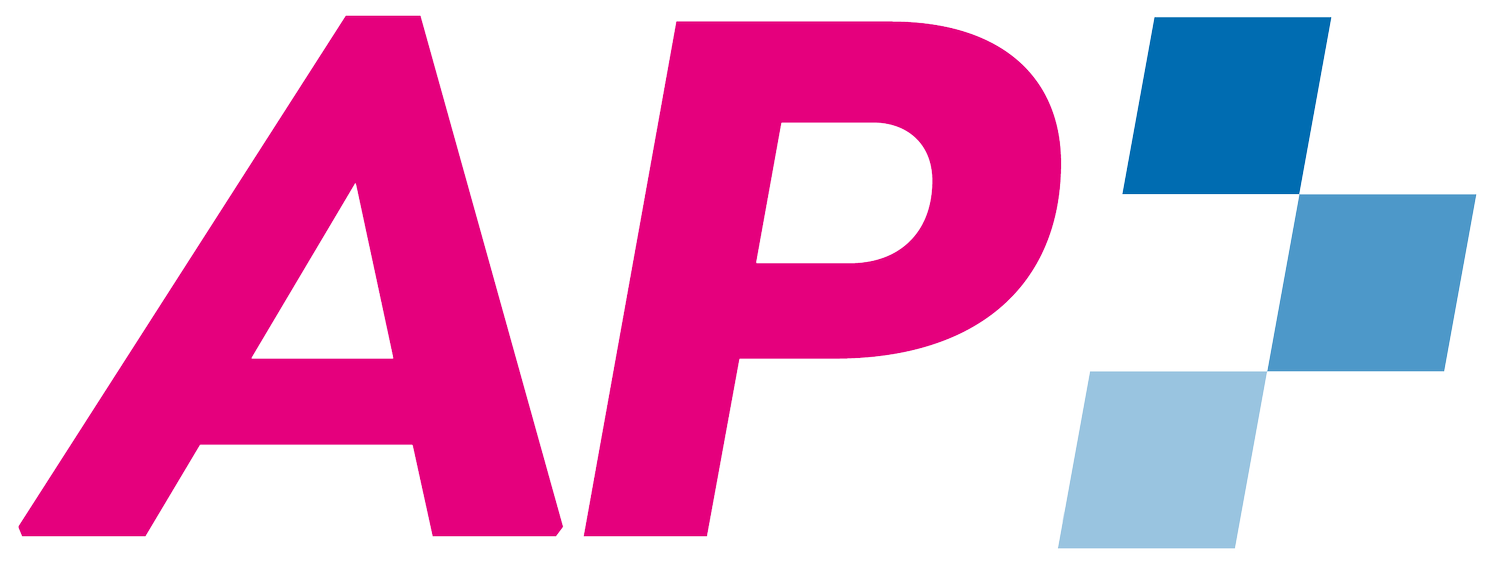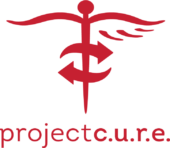
South Sudan
Photograph by our partner organization ForAfrika.
Why does South Sudan need our support?
South Sudan endured more than two decades of war culminating in the country’s independence in 2011. The war destroyed basic vital and social infrastructure, including the health care system, resulting in the country recording some of the worse health indicators. The country also continues to face humanitarian crisis due to conflict, food insecurity, flooding, disease outbreaks, poor socio-economic status, poor infrastructural development. South Sudan’s life expectancy (55 years) is among the lowest globally, as maternal and child mortality rates remain among the highest at 1,223/ 100,000 live births and 78 deaths/1,000 live births respectively. Around 75 per cent of many child deaths in South Sudan are due to preventable diseases and the national prevalence of wasting among children under five years of age (16.2%) falls above the 15% WHO emergency threshold.
Within South Sudan, one region that is particularly in need of help, is the region of Greater Pibor Administrative Area (GPAA). This is why we decided to focus our current efforts on this region, specifically Pibor- , Pochalla- , and Boma County.
Read more about GPAA’s current situation and dire healthcare system below.
-
In the Greater Pibor Administrative Area (GPAA), the disease burden for children is heavy, as evidenced by the high infant mortality rate, estimated at 60 deaths/1000 live births. Malaria is endemic, accounting for 36% of diagnosis reported by health facilities. Due to low vaccine coverage of only 50%, children are highly susceptible to VPD and this was evident with the recent outbreak of measles in Mewun Payam.
Chronic gaps remain prevalent across the health system when assessed along the WHO six pillars. In GPAA health infrastructures are either collapsed, dilapidated or non- existing while low health facility density, inadequate basic amenities, equipment, and diagnostic capacity constraining service delivery and service utilization rate.
-
In regions like the Greater Pibor Administrative Area, hospitals operate with severe shortages - Pibor County Hospital has just 32 beds for a catchment area of 43,000 people.
Many expectant mothers have been forced to give birth on torn cardboard without proper beds in overcrowded and underequipped wards. Medical teams work with outdated or insufficient tools, operating tables in poor condition, unreliable monitoring equipment, and limited surgical kits.
The situation is particularly dire for vulnerable children, refugees from Ethiopia, and persons with disabilities who often have the least access to already scarce healthcare resources.
Photograph by our partner organization ForAfrika.
Why it matters
9.3 M
people, including 4.9M children and 2.2M women, need humanitarian assistance.
56%
of the population does not live within reach of healthcare facilities with consistent access to primary care services.
6.1 M
people of in South Sudan are in need of health assistance.
(Source)
How we are making an impact
At Aid Pioneers, we believe that meaningful, lasting impact starts with strong local partnerships and a clear understanding of needs on the ground. In South Sudan, we work closely with ForAfrika, a trusted local organisation that collaborates with the Ministry of Health, to support healthcare deliveries in the Greater Pibor Administrative Area (GPAA) - home to around 140,000 people, including minority ethnic groups like the Murle and refugees from Ethiopia.
Together, we’re supporting 3 county hospitals: Boma, Pibor, and Pochalla, and 10 primary health units across the region with locally prioritised medical shipments, sourced through our partner Project C.U.R.E in the United States. The shipments include essential items like surgical kits, oxygen concentrators, hospital beds, and consumables.
These supplies are selected based on direct input from frontline health workers, who communicate their most urgent needs through ForAfrika. This allows us to customise each shipment, ensuring that every delivery is relevant, timely, and cost-effective. Ultimately, they bring immediate cost savings for hospitals and clinics, enabling them to lower or stabilize patient fees.
Our approach includes:
Strategic partnerships with organizations like ForAfrika to ensure efficient local distribution
Targeted supply procurement through partners like Project C.U.R.E to address specific regional needs
Focus on high-impact equipment that addresses critical gaps in maternal and emergency care
Resources like these are enabling health workers to better respond to local needs, including supporting safe childbirth, emergency surgeries, and the care of refugees, children, and persons with disabilities. Our work continues, and we are grateful to have incredible partners like Project C.U.R.E, ForAfrika, and Flexport by our side.
“We have been trying to deliver medical supplies to South Sudan for some time. Thanks to our partnership with Aid Pioneers, we were finally able to achieve this for the first time - a reason for our entire team to celebrate." - Grace Reinhardt, ForAfrika
Photographs by our partner organization ForAfrika, showcasing the equipment delivered to Pibor County Hospital.
Our Impact in Numbers
43,000
people in Pibor County gaining access to improved healthcare.
$349,020
worth of medical goods delivered.
189,000+
essential medical items distributed - that is 8.6 tons worth medical aid sent in a 40-ft container.
Improving care in Maternity Wards
HIGHLIGHT
In South Sudan’s Greater Pibor Administrative Area, healthcare workers have long operated in difficult conditions, limited beds, inadequate equipment, and high patient volumes. At Pibor County Hospital, for instance, just 32 beds serve a population of over 43,000. For years, expectant mothers faced a heartbreaking reality: giving birth on torn cardboard, without proper beds, in overcrowded and under-equipped wards.
Together with our long-standing partners Project C.U.R.E and ForAfrika, we recently supported the delivery of a shipment containing over 189,000 essential medical items, valued at more than $349,000. These supplies are now reaching hospitals in Pibor, Boma, and Pochalla, where they are already making a difference.
The shipment included surgical beds, vital signs and blood pressure monitors, oxygen concentrators, mobile trolleys, surgical kits, beds, crutches, wheelchairs, mattresses, and hospital consumables.
“The hospital was in desperate need of additional medical equipment and medical consumables, and this donation came at the right time. A dedicated team of health workers will really make a difference with the new equipment.”
— Dr. Shamir Joseph, County Hospital Director
Photograph by our partner organization ForAfrika, in the Maternity Ward of Pibor County Hospital, showing a mother, Topista, and her child.






Our Partners
ForAfrika, formerly known as Joint Aid Management (JAM), is the largest indigenous African humanitarian organization. With nearly 40 years of experience, they work across the continent to provide emergency relief and implement development programs in areas such as food security, health, education, and economic empowerment.
Flexport is a technology-driven logistics platform that streamlines global trade by offering end-to-end supply chain solutions, including freight forwarding, customs brokerage, and inventory management. Their platform provides businesses with real-time visibility and control over their shipments, enhancing efficiency and reducing costs.
Project C.U.R.E. is a U.S.-based nonprofit that delivers medical supplies and equipment to resource-limited communities worldwide. Since its inception, Project C.U.R.E. has sent approximately 53 cargo containers of medical supplies to Ukraine, supporting healthcare systems and infrastructure.
Our healthcare reach
Trace how medical aid and equipment reached communities in need across the region







